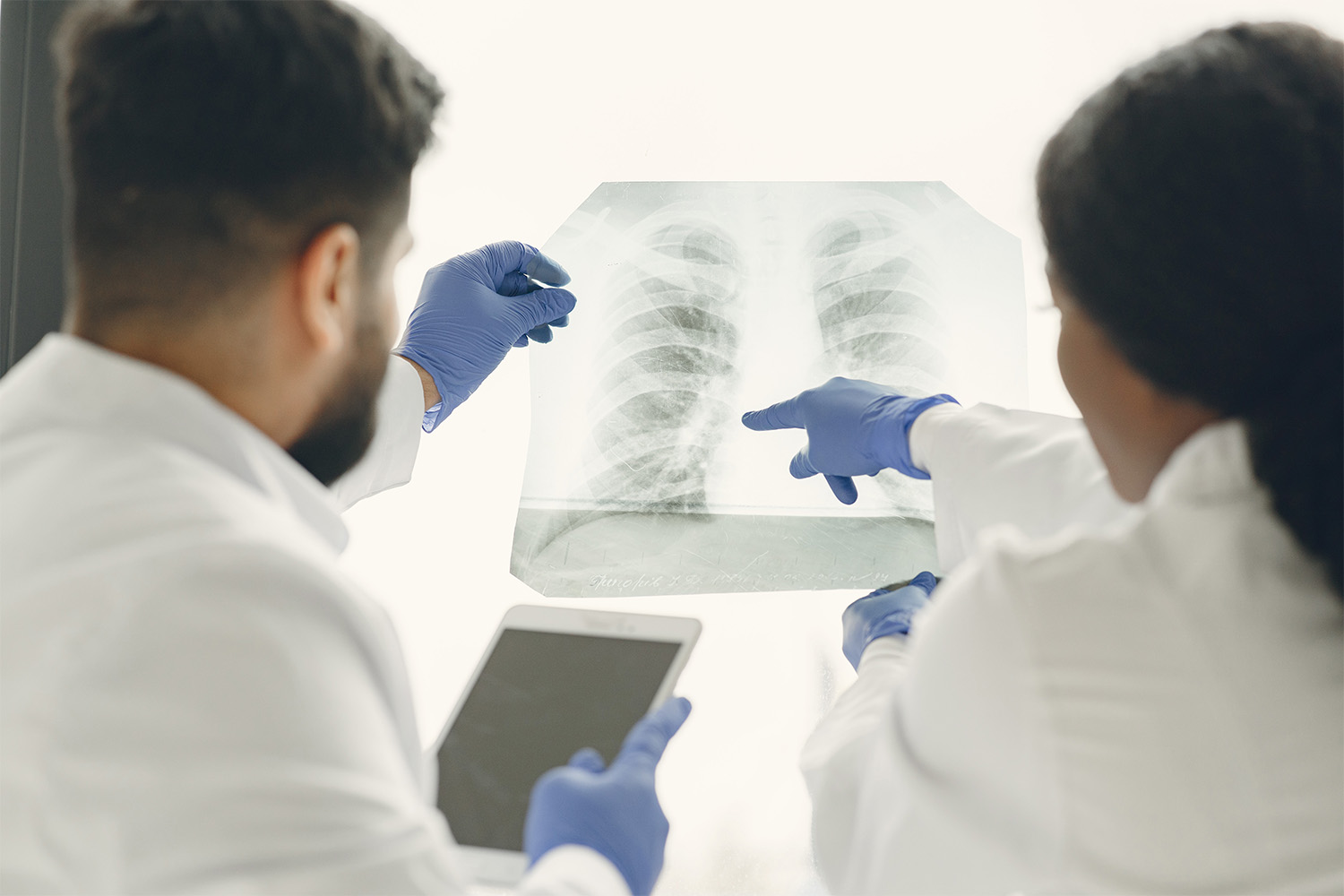In-lab polysomnography or sleep study is the gold standard test for the diagnosis of sleep disorders including sleep apnea, narcolepsy and parasomnias. As the founder of India’s first clinical sleep lab in the 1990, our director, Dr JC Suri has more than three decades of experience in interpreting sleep studies. We pride ourselves in providing the one of the finest sleep laboratory service in India.

Understanding the science of sleep can help unlock better health—and that’s where a Polysomnography Sleep Study steps in. If you're struggling with disrupted sleep, snoring, or excessive daytime sleepiness, this comprehensive overnight test could be the first step toward reclaiming restful nights.
What is a Polysomnography Sleep Study?
- A Polysomnography Sleep Study, often conducted in a sleep lab, monitors your body while you sleep.
- It records critical parameters such as:
- Brain waves
- Oxygen levels
- Heart rate
- Breathing patterns
- Eye and leg movements
- This sleep study is crucial for diagnosing disorders like:
- Obstructive Sleep Apnea
- Narcolepsy
- Periodic Limb Movement Disorder
- REM Sleep Behavior Disorder
Why You Might Need a Polysomnography Sleep Study
- Frequent snoring or gasping at night
- Daytime fatigue and lack of focus
- Restless legs or unusual movements during sleep
- Difficulty staying asleep or falling asleep
- Your physician suspects a sleep disorder
Benefits of Undergoing a Sleep Study in Delhi
At JCS Lung & Sleep Centre, Delhi’s trusted destination for sleep diagnostics:
- You get access to state-of-the-art facilities and trained sleep technologists.
- The environment is comfortable, quiet, and designed for restful sleep.
- Detailed analysis helps your pulmonologist make informed decisions.
The Polysomnography Process: What to Expect
- Before the Study:
- Avoid caffeine and alcohol on the day of the test.
- Share your sleep history and medications with your doctor.
- During the Study:
- You’ll sleep overnight at our centre.
- Electrodes and sensors are gently placed to monitor activity.
- After the Study:
- Data is interpreted by sleep specialists.
- A diagnosis and treatment plan is shared with you.

Conditions Diagnosed Through Polysomnography Sleep Study
- Obstructive Sleep Apnea (OSA): Airway collapses during sleep, disrupting breathing.
- Central Sleep Apnea: Brain fails to signal muscles to breathe.
- Insomnia: Trouble falling or staying asleep, often linked with mental health.
- Narcolepsy: Sudden, uncontrollable sleep attacks.
- Restless Leg Syndrome (RLS): Uncomfortable sensations leading to movement.
Why Choose JCS Lung & Sleep Centre in Delhi
- Over a decade of excellence in pulmonology and sleep care.
- Personalised attention to every patient.
- In-house pulmonologists, sleep therapists, and support staff.
- Located centrally in Delhi, easily accessible from all parts of the city.
Tips to Prepare for Your Sleep Study
- Follow your regular routine: Try not to deviate from your normal activities.
- Avoid naps: Keep yourself awake so you're more likely to sleep naturally during the study.
- Bring personal items: Your pillow or nightwear can help you feel more at home.
- Relax: Remember, it’s a diagnostic tool to help you feel better, not a test you can fail.
What Happens After the Polysomnography Sleep Study?
- Sleep specialists will analyze:
- Sleep stages
- Arousals or disruptions
- Breathing events
- Limb movements
- Based on this analysis:
- You might be prescribed a CPAP machine
- Referred to a sleep therapist
- Recommended lifestyle changes or medications
Importance of Early Diagnosis
- Undiagnosed sleep disorders can lead to:
- High blood pressure
- Stroke
- Depression
- Obesity
- A Polysomnography Sleep Study ensures accurate, early intervention.
How to Book Your Polysomnography Sleep Study in Delhi
- Contact JCS Lung & Sleep Centre directly through our website or phone.
- No need for overnight hospitalization.
- Most insurance policies cover diagnostic sleep studies.
FAQs - Polysomnography Sleep Study
A Polysomnography Sleep Study is a diagnostic test that records your brain activity, breathing, and body movements during sleep to detect sleep disorders.
Anyone facing issues like snoring, insomnia, or excessive fatigue should consider a Polysomnography Sleep Study, especially if recommended by a doctor.
No, the study is non-invasive and conducted in a sleep-friendly environment to make you feel at ease.
The study typically starts in the evening and concludes the next morning after you've had a full night’s sleep.
Usually, results are available within a few days and include a comprehensive diagnosis and treatment plan.
Polysomnography is a safe, standard procedure with no known risks.
Yes, children with sleep issues may also benefit from a professionally conducted sleep study.
For more details, please visit our page on “About Sleep Studies
